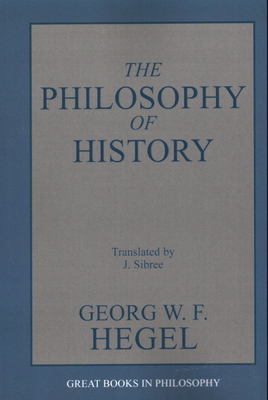
description
as a fascinating example of this influential German thinker's efforts to capture the multidimensional character of reality within a broad theoretical framework.Hegel draws upon many of his well-known concepts - Mind, Spirit, dialectical method (thesis-negation-synthesis), the relation of the whole to its parts, and how rational human beings relate to that which transcends their individuality. History is the evolution of freedom as societies and cultures acquire a greater awareness of, and appreciation for, the interaction of individuals with the rational goals and purposes of the greater whole, and how rationality emerges, evolves, and develops through the dynamic relationship of each individual citizen's will with that of the community at large.Hegel first focuses on the various ways in which history can be comprehended and then turns his attention to the Oriental, Greek, Roman, and German worlds to demonstrate how the human community dialectically evolves through these various historical periods, with each disclosing its own facet of the will that frees citizens to grasp their special place in society.
member goods
No member items were found under this heading.
Return Policy
All sales are final
Shipping
No special shipping considerations available.
Shipping fees determined at checkout.







